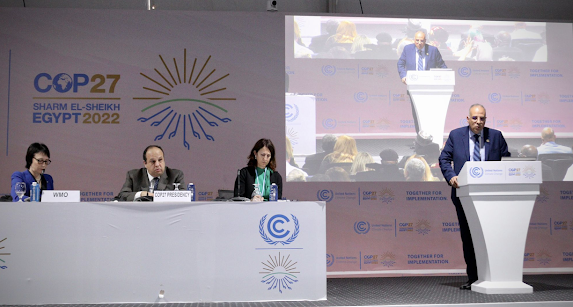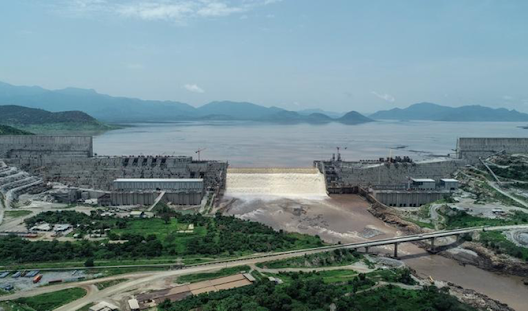Blog 1: My Initial Thought on Politics and Water
My Initial Thought on Politics and Water
Let me explain: water causes development (economic and social) and development increases access to water. Hence, my thoughts and confusions are with the countries that do not have the water (in terms of quantity, quality or affordability) to attract investments, nor do they have an initial appropriate level of (water) development to attract investment. For example, in smaller Ugandan towns 'low return on water and sanitation investments, a lack of feasible and cheap technological options to provide sanitation services inappropriate infrastructure and poor coordination remain key challenges (Nayebare et al, 2020: 99-100).' What do countries and their leaders do if their water sources are contaminated inhibiting development, while at the same time, they are to deal with their inability to attract investment to improve the quantity and/or quality of their water sources, on a national level? What do they do? This, to me, sounds like a conundrum - how do you develop as a society if you do not have the appropriate water sources, and simultaneously, there is an inability to increase or improve water sources due to a development in your society? What do you do in a situation where there is a lack of both water and development?
Does this seemingly negative cycle of decline actually occur in real life? How is it mitigated for? Indeed, there is a key and growing role of privatisation in this debate (Thompson et al, 2000: 51), but I believe until everyone in the country can have access to an abundant source of clean water, the role of the state and its political affairs have just as much of a role as privatisation.


Comments
Post a Comment